À rebours des institutions totales : la sobriété dans deux ateliers d’autoréparation de vélo et au-delà
Article complet du #93 | Qu’est-ce qu’une vie sobre ?
FR : L’article esquisse un continuum des institutions de la sobriété, des plus totales aux plus partielles. Il prolonge la théorie des institutions élaborée par Erving Goffman uniquement à partir des formes et des effets socialisateurs des institutions totales. L’article construit, à rebours du pôle de l’institution totale, la notion d’institution partielle : ouverte, urbaine et qui socialise ponctuellement à des habitudes spécifiques. Ce continuum inédit offre un cadre d’analyse plus complet pour comparer les institutions de la sobriété et situer des cas précis.
C’est ce à quoi s’attelle la partie empirique de l’article, consacrée à deux ateliers d’autoréparation de vélo. Il s’agit de lieux qui promeuvent la sobriété en récupérant et en réparant des vélos. L’enquête dans les deux ateliers d’autoréparation de vélo repose sur 40 entretiens semi-directifs et un mois d’observation participante. Elle révèle que la forme des ateliers vélo permet :
1) l’apprentissage ponctuel d’habitudes spécifiques de la mécanique vélo,
2) la poursuite de la pratique quotidienne de la mécanique,
3) l’adoption généralisée de la sobriété.
Ces trois formes de socialisation montrent que les ateliers d’autoréparation de vélo cumulent les caractéristiques des institutions partielles de la sobriété (points 1 et 2) et des propriétés d’institutions plus totalisantes (point 3). Ce résultat permet de situer l’atelier d’autoréparation sur une ébauche de continuum des institutions de la sobriété.
En général, cette analyse d’un cas d’institution de la sobriété illustre comment le continuum goffmanien des institutions ouvre à des analyses comparatives et cumulatives des institutions de la sobriété.
Mots clés : Sobriété ; Institution ; Socialisation ; Vélo ; Institution totale
EN : The article outlines a continuum of sobriety institutions, ranging from total to partial. It draws on Erving Goffman’s theory of total institutions, which explores their forms and socialization effects. At the opposite end of the spectrum, the article constructs the concept of the partial institution: open, urban, and providing occasional support for specific habits. This novel continuum offers a more comprehensive analytical framework for comparing sobriety institutions and situating specific cases.
The empirical section of the article situates the case study of the self-repair bike workshop. These workshops are institutions promoting sobriety through bike recovery and repair. The investigation of the two bike workshops relies on 40 qualitative interviews and one month of participant observation. It reveals that the format of the bike workshops facilitates:
Occasional learning of specific bicycle mechanic skills.
Daily continuation of bicycle mechanic practice.
More complete adoption of sobriety.
These three forms of socialization within the bike workshops demonstrate that these institutions combine characteristics of partial sobriety institutions (points 1 and 2) with properties of more totalizing institutions (point 3). This outcome allows for the placement of the bike workshop on a continuum of sobriety institutions.
Generally, this analysis of a sobriety institution case study illustrates how the Goffman-inspired continuum of institutions opens the way for comparative and cumulative analyses of sobriety institutions.
Keywords: Sobriety; Institution; Socialization; Bike; Autonomy

